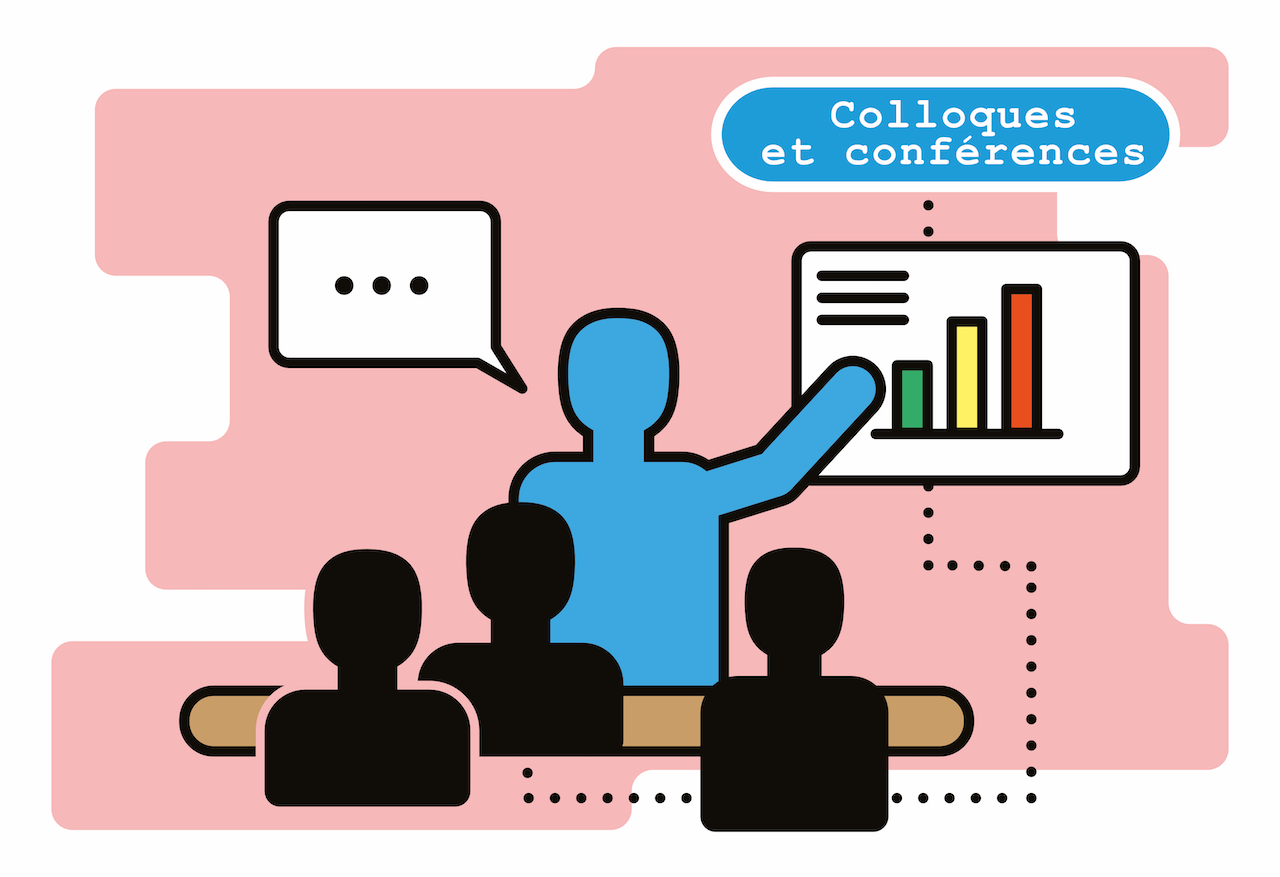Nudges with conversational agents and social robots: a first experiment with children at a primary school
Fiche du document
21 septembre 2020
- ISIDORE Id: 10670/1.bd82da...
- hal: hal-03083526
info:eu-repo/semantics/OpenAccess
Mots-clés
human-robot interaction nudge sensitive population dialog system paralinguistic features filled and empty pausesSujets proches
Childhood Youngsters Pedology (Child study) Kids (Children) Agency (Philosophy) Agents Person (Philosophy)Citer ce document
Hugues Mehenni et al., « Nudges with conversational agents and social robots: a first experiment with children at a primary school », HAL SHS (Sciences de l’Homme et de la Société), ID : 10670/1.bd82da...
Métriques
Partage / Export
Résumé
This paper presents an experimental protocol during which human interlocutors interact with a dialog system capable to nudge, i.e. to influence through indirect suggestions which can affect the behaviour and the decision making. This first experiment was undertaken upon a population of young children with ages ranging from 5 to 10 years. The experiment was built to acquire video and audio data highlighting the propensity to nudge of automatic agents, whether they are humanoid robots or conversational agents and to point out potential biases human interlocutors may have when conversing with them. Dialogues carried with three types of agents were compared: a conversational agent (Google Home adapted for the experiment), a social robot (Pepper from Softbank Robotics) and a human. 91 French speaking children participated in this first experiment which took place in a private primary school. Dialogues are manually orthographically transcribed and annotated in terms of mental states (emotion, understanding, interest, etc.), affect bursts and language register, which form altogether what we call a user state. We report on an automatic user states detection experiment based on paralinguistic cues in order to build a future automatic nudging system that adapts to the user. First results highlight that the conversational agent and the robot are more influential in nudging children than the human interlocutor.
